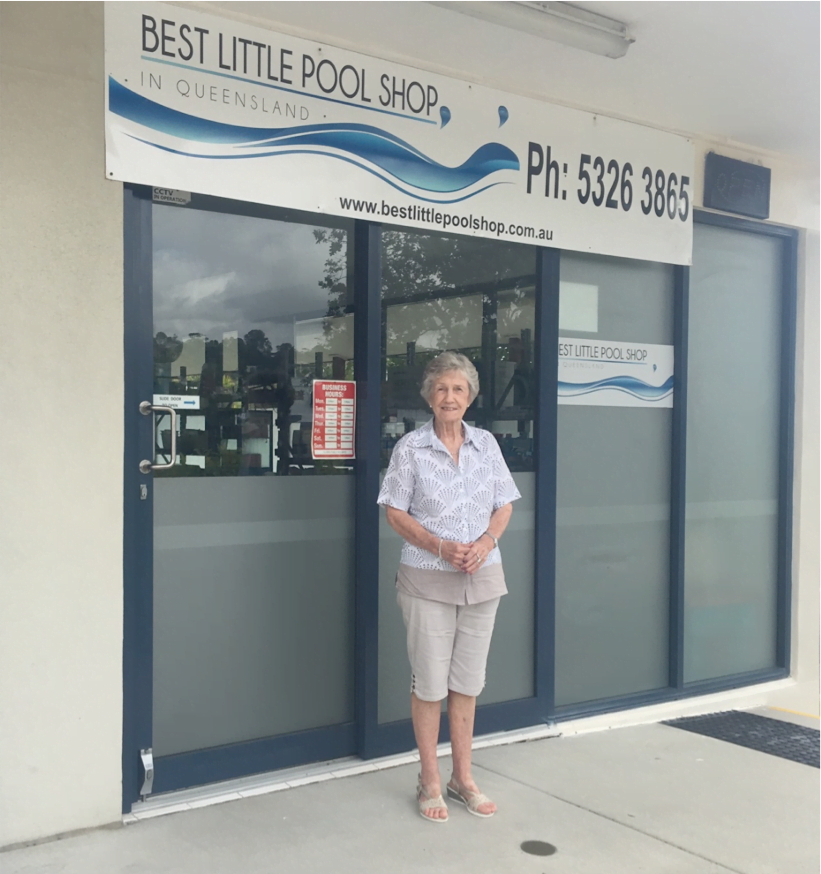Authors Stephen Hains, Phillip King – Engines of Wealth #enginesofwealth
An Engines of Wealth client recently asked me “What are some tricks selling agents play and the common pitfalls when buying a commercial property?”.
This is a very good question for anyone building their commercial property portfolio. Below is my response, 6 critical tips that are part of my routine when I analyse a property. As you can see, they have a big impact on the value of a retail property.
1. GST Trap – some agents are listing a property for sale with GST included in the net rent. I experienced this twice last year and it made my blood boil as unscrupulous agents know that inflating net rent increases the sale price. This practice deceitfully inflates the property value by 10%!
In addition, there are other GST traps to consider as a landlord to ensure your purchase is GST exempt. The Government offers an exemption if the transaction is deemed to be “The supply of a going concern”. So it’s important to understand if you need to be registered for GST and what GST status the current owner is, as this will determine if you need to charge GST on the rent. We wrote the following article to provide some background on the GST challenge.
https://enginesofwealth.com/to-be-or-not-to-be-gst-registered/
2. Gross versus Net Leases – understanding who pays for the outgoings is the most important factor in determining the value of a shop. The higher the net rent, the more you will pay. It is imperative a buyer knows from the executed lease what the tenant has agreed to pay.
The lease will state that outgoings are one of the following:
- 100% paid by the tenant
- A specified percentage for the centre based on the shop’s sqm footprint
- A list outlining exempt outgoings like Sinking Fund and air conditioner maintenance
- Nil payment – no payment of outgoings means it is a gross lease.
The critical point is to build an accurate view of the true net rent. The value of the property is based on this net rent so it needs to be right.
3. Charging Land Tax is Illegal, but Sinking Fund is allowed – there is a lot of confusion on whether a retail shop should pay Land Tax and the Body Corporate Sinking Fund contribution. Many leases I see for cafe’s, hairdressers and restaurants indicate that like other outgoings, both of these are the tenant’s responsibility.

In many cases, the tenant does pay these without question. What many tenants do not know is that regardless of what is in the lease, the Retail Leases Act mandates that Land Tax cannot be passed onto a retail tenant. However, this tax can be issued to an office or medical tenant as these do not come under the protection of the Retail Leases Act.
For the Sinking Fund, some lawyers argue this is the landlord’s expense, however, we rely on sections 37(2) and 40 of the Retail Leases Act where outgoings includes maintenance amounts that are part of the tenant’s outgoings under the lease. Our position is that a body corporate sinking fund is a deposit which exists to pay for repairs and maintenance of a building.
If the landlord charges retail tenants land tax and is reported to the Office of Fair Trading, legal proceedings and penalties could be imposed. As a buyer, during your due diligence of a retail shop purchase, you should be instructing the agent to remove Land Tax from the recovered outgoings. Plus if the owner is not charging Sinking fund today then it too should be removed from the recovered outgoings. As a result, you reduce the net rent and hence lower the valuation of the property.
The tip here is that non-retail shops, including doctors, dental surgeries, offices for accountants, lawyers, etc. are eligible to pay both Land Tax and Sinking Fund contributions under their lease.
4. Alarming Omissions – in our book we spend a lot of time discussing the outgoings that must be included to get the true net rent figure. We wrote the attached article on what to look for when assessing outgoings on a property: https://enginesofwealth.com/alarming-deceptions/
The tip here is to ensure the real estate agent has fully disclosed all the outgoings. More often than not agents will disclose the Council Rates, Water Rates, Insurance and that is it! They expect you to believe there are no other expenses. You need to ask them about the cleaning, gardening, fire inspections, annual audit and management costs to get a true picture of the net rent.
5. Beware of Broker Margins – one of the very first steps for our Engines of Wealth clients is to understand their financial position in order to establish their borrowing capacity. Clients often use more than one bank across the personal home loans and investment loans to get the most competitive rates. We recommend our clients speak with a broker, given the interest rate and loan quality is paramount for commercial investments. What many don’t realise is that not all brokers are the same and this can have an impact on the interest rate of the loan!
Buyers of retail property predominantly want three things:
- To maximise their borrowing capacity
- The highest possible LVR (loan value ratio), and
- the lowest interest rate.
When selecting a broker it is important to assess the company’s size and which financial institutions they are certified to work with. The brokers monthly turnover is important as some larger banks will only deal with brokers that write $5m in loans per month. Smaller brokers often use an aggregator to deal with the major lenders, however this adds another layer of commission to the loan.
Look for a broker that offers an extensive list of certified lenders, the best loan may come from the bank that already holds your residential home loan. If the broker is not certified to deal with your existing bank, then they may not able to offer you the simplest lending options.
The tip here is picking the right broker that works with your existing lender to ensure you follow the simplest path to securing your funding. It’s important the broker you select also deals with multiple lenders as they will have a knowledge base of what deals are in market and what banks are offering in terms of LVR’s and interest rates.
6. Dispelling the Insurance Dilemma – as a new owner many are unsure of what insurance is needed. There are three questions to consider: What insurance is the tenant required to have? What does the landlord need? When should the landlord secure their insurance?
For the tenant’s responsibility, the lease should indicate that they require public liability insurance (usually $10 million coverage or more) and glass insurance for the windows. For the landlord, if you are buying a shop in a body corporate strata scheme, then the Body Corporate fees include building insurance and public liability insurance for the common areas of the building. In addition to the protection the Body Corporate policy provides you should also have your own public liability insurance protecting the inside of your shop from the time of Contract signature. This gives protection if an injured party chooses to sue the landlord not the tenant.
To avoid public liability duplication, the landlord could ask the tenant to name them on their policy as an interested party. However, this does not protect the landlord if the tenant does not keep their policy current. For more detail on insurance and this issue around Public Liability please look at the article below:
https://enginesofwealth.com/insurance-do-i-need-it/
I trust these critical tips assist in making better property choices.
Please contact the Engines of Wealth team if you have any questions:
stephen@enginesofwealth.com
phillip@enginesofwealth.com



